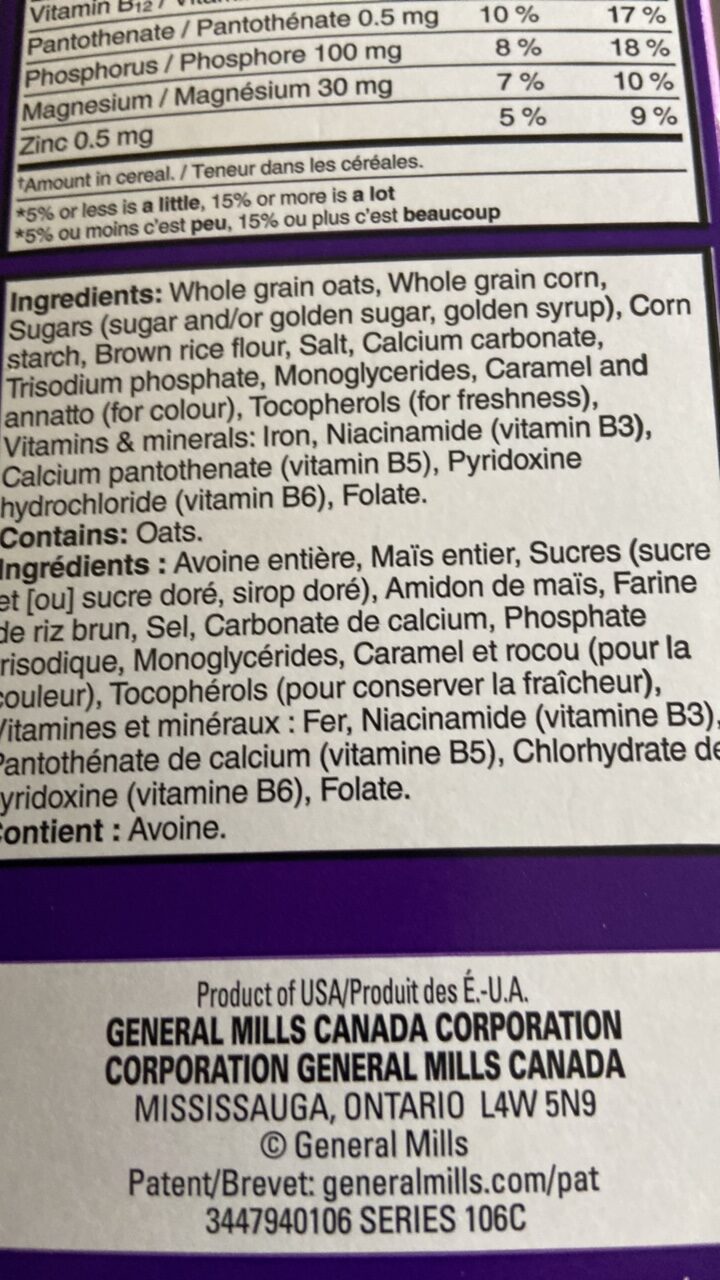
Barcode: 3447940106
oats
HALAL
📝 Reason: Most ingredients in this oats product are plant-derived or synthetic and therefore Halal. However, monoglycerides and tocopherols are of Doubtful status since their sources are not specified; they can be animal- or plant-based. In Islamic law, all food must be Halal and free from contamination (Quran 5:3). If source can’t be verified, it’s considered Doubtful (Mashbuh).
🏷️ Category: Cereal
📄 Certificates: Vegetarisch, Vegan
Ingredients:
Details
Understanding the Halal Status of Oats
In today’s diverse food industry, ensuring that our food choices align with our dietary restrictions is crucial. One common query among consumers is whether oats are Halal. Let’s take a comprehensive look at the ingredients found in oats and their Halal status.
Halal Status Overview
The oats in question are officially categorized as HALAL. This means that the product adheres to Islamic dietary laws, which stipulate that all food must be Halal and free from any contamination (Quran 5:3). While most ingredients in this oats product are plant-derived or synthetic and thereby Halal, we should examine individual components to understand their status fully.
Ingredient Breakdown
The oats are composed of various ingredients, including:
- Whole grain oats – These are simply dehulled oat grains, naturally plant-based without any animal or questionable components (source).
- Whole grain corn – A vegetable grain that also adheres to Halal standards as it is not derived from animal sources (source).
- Sugars – Typically derived from cane or beet, these are Halal unless processed using animal-derived char, which is not indicated for this product (source).
- Corn starch – A carbohydrate derived from corn with no animal products involved (source).
- Brown rice flour – Ground rice grains that are Halal (source).
- Salt – A mineral that is always Halal (source).
- Calcium carbonate – Typically sourced from geological lime, and not derived from animals (source).
- Trisodium phosphate – A synthetic mineral-based food additive that poses no issues regarding Halal compliance (source).
- Monoglycerides – This ingredient has a Doubtful Halal status as it may derive from either animal or plant fats. The source is unspecified, rendering its status uncertain (source).
- Caramel – Mostly heated sugar, its Halal status is maintained unless processed with alcohol or animal by-products, which is not indicated here (source).
- Annatto – A plant-based natural colorant obtained from annatto seeds, which is Halal (source).
- Tocopherols – Can be derived from either plant oils or animal sources, with an unspecified origin rendering it also Doubtful (source).
- Iron – An essential mineral that is Halal as it is not derived from animal sources (source).
- Niacinamide – A form of vitamin B3, typically synthesized from plant sources, thus Halal (source).
- Calcium pantothenate – This vitamin B5 is usually synthetic or plant-based, ensuring its compliance (source).
- Pyridoxine hydrochloride – Vitamin B6 that is typically sourced from plants or synthetic origins (source).
- Folate – Added in a synthetic form, this vitamin is plant-based, confirming its Halal status (source).
- Avione – An Italian term denoting oats, hence it refers to whole oat content (source).
- Avaine – Another term for oats, reinforcing the product’s identity as oat-based (source).
Conclusion
Overall, this oats product is largely compliant with Halal dietary laws, with most ingredients being recognized as Halal. However, vigilance is warranted regarding the Doubtful status ingredients: monoglycerides and tocopherols. The lack of clear sourcing fundamentally calls for caution. For those following strict Halal guidelines, it is advisable to seek further information or consider alternatives certified by reputable Halal organizations. With the increasing demand for Halal products, many brands are now emphasizing their certifications, and it’s wise to check for verified Halal labels in your grocery shopping for peace of mind.
